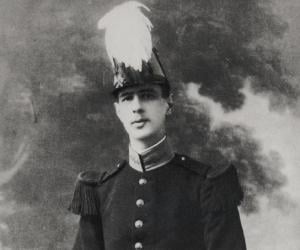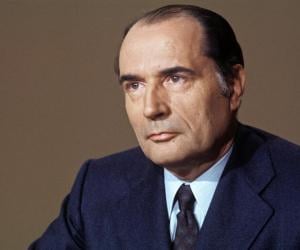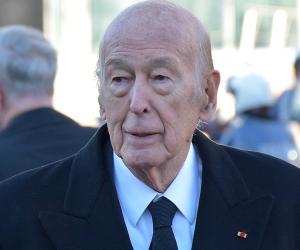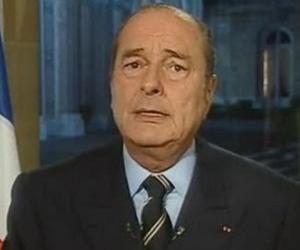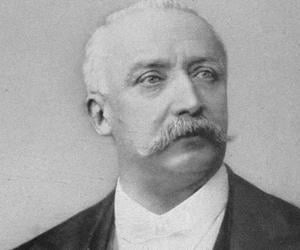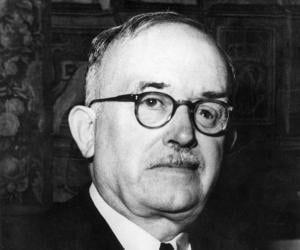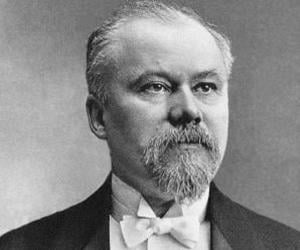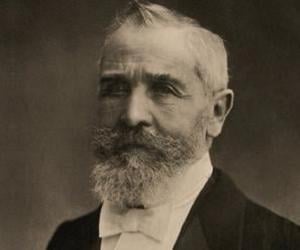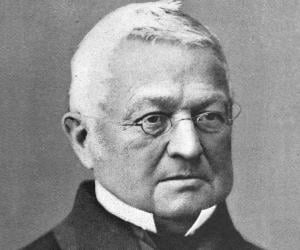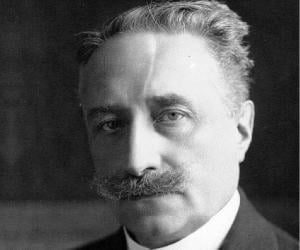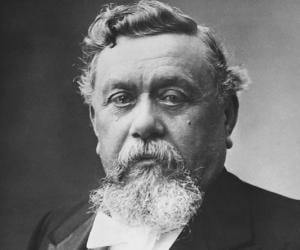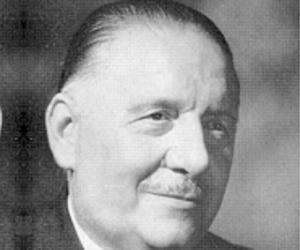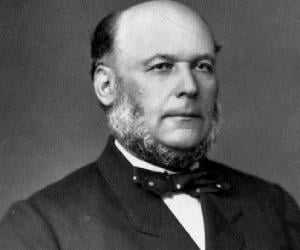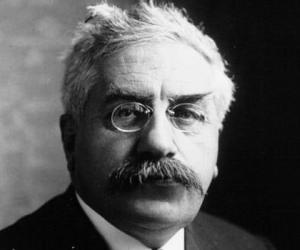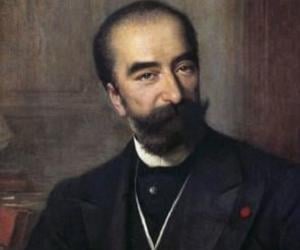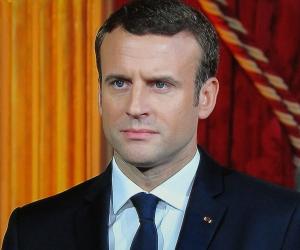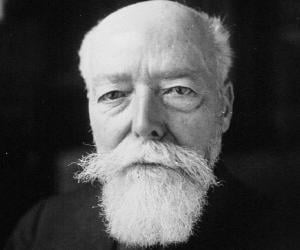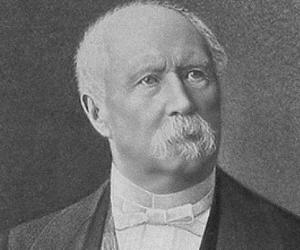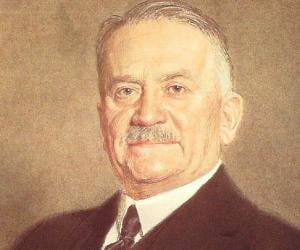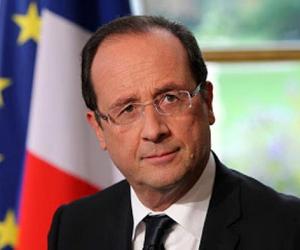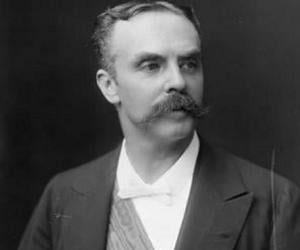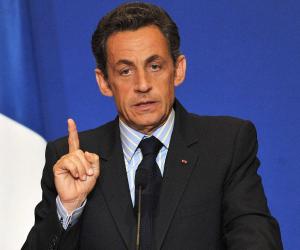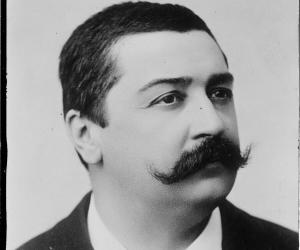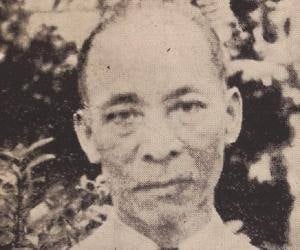1
Charles de Gaulle
(Former French President & Army Officer Who Led 'Free France' against Nazi Germany in World War II)
Birthdate: November 22, 1890
Sun Sign: Sagittarius
Birthplace: Lille, France
Died: November 9, 1970
Charles de Gaulle was a prominent French military officer and statesman who played a crucial role in World War II as the leader of the Free French Forces. He chaired the Provisional Government of the French Republic and later became the President of France, holding office until his resignation in 1969. De Gaulle is known for his efforts in restoring democracy in France, rewriting the Constitution, founding the Fifth Republic, and pursuing a policy of national independence, including granting independence to Algeria and withdrawing from NATO's integrated military command.
